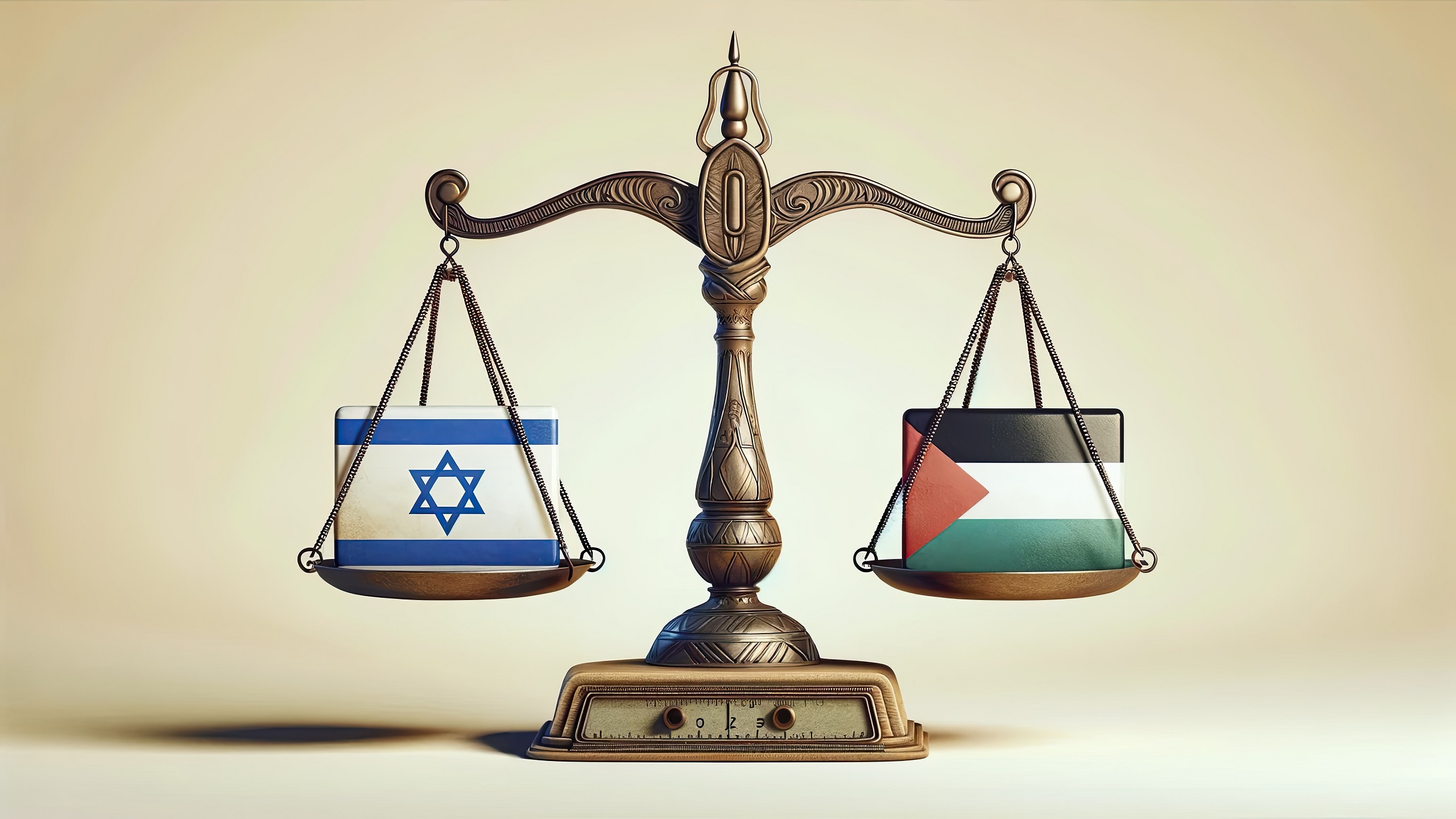Is the International Community an Adversary or a Judge?
Al Riyadh, Saudi Arabia, October 3
The international community acknowledges that peace is vital to addressing the Palestinian issue, but it understands that this can only be achieved through a just and comprehensive solution, namely the two-state solution. This proposal, initiated by Saudi Arabia and embraced by Arab and Islamic nations, stands in stark contrast to the policies of the Israeli government under Netanyahu, which rejects the notion of an independent Palestinian state. This stance implies a clear dismissal of justice, suggesting that Israel is entitled to statehood while Palestinians are consigned to a life of stateless refuge. How does the international community respond to such an obstinate Israeli position? Has it resigned itself to despair, surrendering to the prevailing situation? Is the international community an impartial arbiter in this matter, or does it play the role of a partisan actor? How can normalization with Israel be justified amid ongoing occupation and expansion, which strip Palestinians of their fundamental rights? In this context, Saudi Arabia’s crown prince and prime minister, Mohammed bin Salman, has reaffirmed the kingdom’s stance: no relations with Israel will be established without the creation of a Palestinian state. This decision underscores Saudi Arabia’s unwavering support for the Palestinian cause, offering consistent political and humanitarian backing despite changing circumstances. What role does the international community play? Some rephrase the question: Who comprises the international community? Why doesn’t this body prioritize a strategic solution to the Palestinian issue rather than becoming bogged down in peripheral matters? Instead of inconsistency and ambiguity in its stance on the two-state solution, why not take decisive action? There exists a gap between rhetoric and deeds—actions lacking the courage to reflect the principles that the international community professes incessantly yet fails to manifest in tangible ways. Israel seeks to maintain both occupation and security while remaining above legal reproach, a situation that is neither logical nor just, and certainly unsustainable. The international community has repeatedly failed to resolve this crisis or even to consistently condemn it. The Arab League, as part of this community, remains embroiled in Middle Eastern issues and has not managed to sustain an international media effort that reveals the Israeli occupation’s realities, informing global citizens about the Palestinian situation. Palestinians, deprived of fundamental rights to freedom, dignity, and security, look to a global community that champions human rights yet remains inattentive to their plight. Dominated by countries wielding veto power, the international community, despite its might, struggles to make independent decisions rooted in justice rather than self-interest. In its current form, does the international community act as a judge or an adversary? —Youssef al-Qablan (translated by Asaf Zilberfarb)
Give the gift of hope
We practice what we preach:
accurate, fearless journalism. But we can't do it alone.
- On the ground in Gaza, Syria, Israel, Egypt, Pakistan, and more
- Our program trained more than 100 journalists
- Calling out fake news and reporting real facts
- On the ground in Gaza, Syria, Israel, Egypt, Pakistan, and more
- Our program trained more than 100 journalists
- Calling out fake news and reporting real facts



